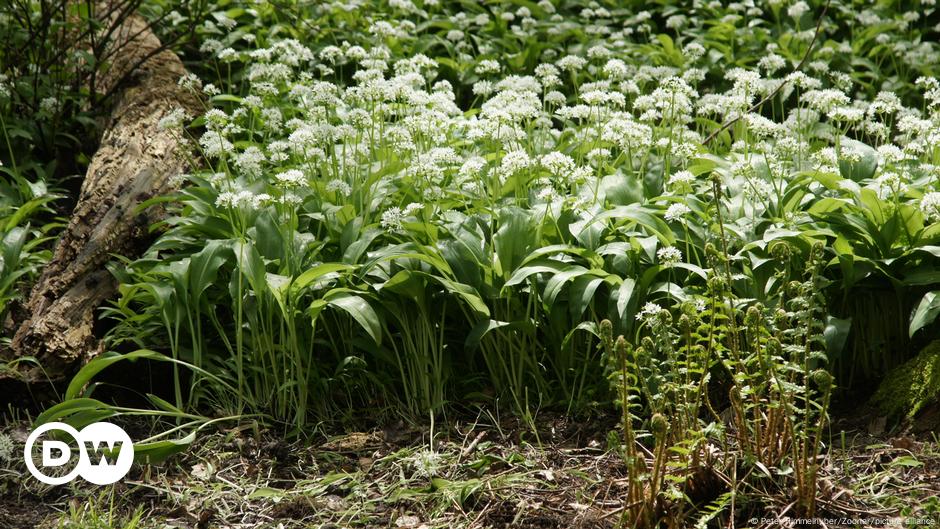Summary
Police in Saxony, Germany, uncovered an illegal wild garlic harvesting ring, seizing 100 kg of bulbs worth thousands of euros.
Six suspects, including repeat offenders, were caught in two separate vehicles with bags of the protected plant.
Wild garlic, prized in cooking, can only be collected in small amounts for personal use under German law. Large-scale theft is a recurring issue.
The suspects are now under investigation for gang theft.



Wild garlic (Allium ursinum, German: Bärlauch) is a native plant and not invasive in Germany. It’s not like it’s everywhere as it usually needs alluvial, deciduous forests but common enough that most locals usually know a spot or two. It may look like lily of the valley (Convallaria majalis, German: Maiglöckchen) or autumn crocus (Colchicum autumnale, German: Herbstzeitlose) which are both poisonous but that’s not the reason why you’re not allowed to pick large amounts. The Federal Nature Protection Law (Bundesnaturschutzgesetz, see paragraph 39 for details) forbids the collection of any wild plants or animals, independent of their protection status to disturb natural processes as little as possible. However certain exemptions are possible, think hunting, fishing, or the collection of wild herbs for example. While the former two require a license and are restricted to certain area or seasons, the latter is limited by the amount you may take. It explicitly states to only take amounts that are for personal use and that commercial collection is prohibited. It’s obviously to prevent overexploitation. Unfortunately, it’s not uncommon that naturally occurring stocks of wild herbs, mushrooms or berries are used up and destroyed by illegal and unsustainable usage. Also, yes wild herbs are commercially grown on farms but as you can imagine, they don’t come cheap at all.